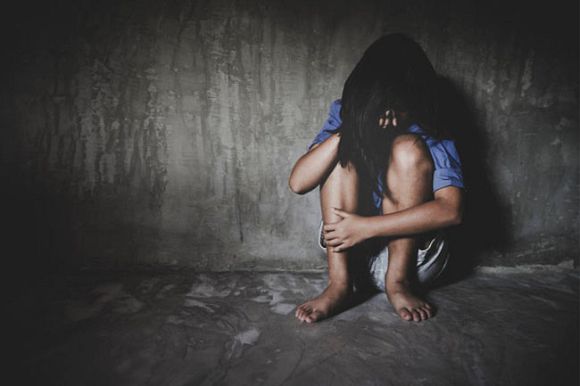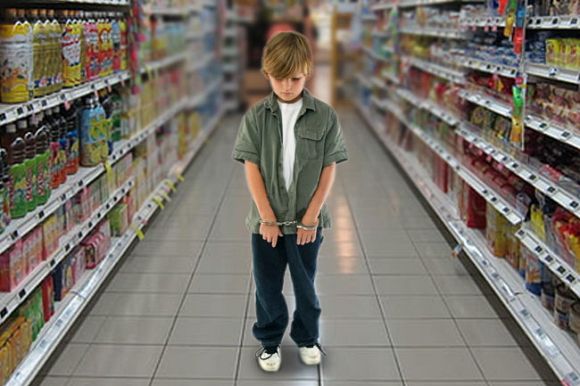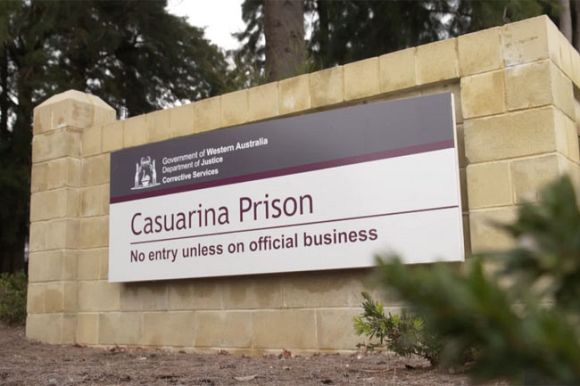A harrowing tale of systemic failure, Jacqueline Rule's 'The Leaves' unveils the injustice faced by young Indigenous people in Australia’s Youth Justice system.
Jacqueline Rule's The Leaves purports to be a novel, but on the author’s own admission, it is a composite of many, many case studies from the youth justice system in contemporary Australia and in particular, of young Aboriginal males whose mothers were already disenfranchised for having been part of the Stolen Generations.
Ms Rule uses the seasonal cycles of the leaves and flowers of beautiful Jacaranda trees in Sydney as a measure of passing time, and within that framework, she delivers a depressing narrative describing the systemic failure of our social welfare actors to protect a young person who did not possess the words or the ability to fight for himself.
When I started reading, my initial thought was that it was over-punctuated, with sentences comprising strings of phrases of two or more words, separated by commas. This was disconcerting as I had been taught to minimise punctuation, but I soon realised its practicality in encouraging the reader to further contemplate the matter under discussion. I soon found Ms Rule’s momentum and plunged in.
We meet Faith, a single mother with no contact with the father of her young son, Luke. We are in no doubt that she loves the boy, however, her health is poor and she soon finds her funds disappearing. We also meet her friend Evelyn, another single mother who maintains some support from the father of her son Mitch. These women were taken from their Aboriginal mothers when they were infants and as such, they have very little cultural connection, and almost no papers indicating their status in society.
Faith struggles with the cost of food and rent, and Luke struggles when he is inducted into the education system. Bullies thrive in these environments and prey upon another’s discomfort or inadequacy, or anything that sets them apart. Luke does not have a strong mother who can go in and bat for him and, all too soon, Faith dies, leaving him with nothing. Evelyn intuitively understands and seeks to become Luke’s guardian, but the boondoggled system decrees that she does not have enough rooms in her flat.
Evelyn’s heart is breaking. Luke’s heart is breaking. The reader’s heart is breaking.
Ms Rule describes Luke’s subsequent years through primary and secondary schooling as a waking nightmare of humiliation by school staff and bullying by peers. She outlines the heartless shuffling Luke experienced, passing from sociopathic carer to inadequate carer to various over-wrought carers with multiple children in tiny apartments.
Most importantly, she details how these tragic circumstances resulted from the whims of paid government officials, following the directives of department heads and answering the chain of command to the policymakers in Canberra. Throughout, Evelyn has been trying to respect the wishes of her friend Faith and take care of Luke. She spent her savings and sold her car to be thwarted again and again by heartless, mindless bureaucrats.
Luke runs away and is befriended by a group of homeless people camping in a public park. They protest their plight with signs and chanting. Kindly volunteers provide and distribute food. Tents are erected as a place to sleep. These are real humans drawn from real life and for one tiny moment, the author steps into first-person, telling us that she has known an individual on and off for 20 years.
Some people object, the council reacts and the police violently break up the camp and arrest the homeless, many lacking the social skills to effectively defend themselves.
Luke is swept up and finds himself in youth detention. He is a teenage Aboriginal boy and, seemingly by definition, at the bottom of the justice system's pecking order.
We know about Aboriginal deaths in custody — there was a Royal Commission. However, little has changed and the Australian psyche has become numbed to allow privatised prisons to be profit centres where foreign-owned corporations make easy money by engaging minimally educated staff — some of whom delight in inflicting violence while hiding behind their guns and uniforms.
In our story, we meet Clyde the psychotic guard and witness the breaking of Luke.
This book tells an important story that can serve to enlighten White, privileged Australians on the travesty of injustice that is masquerading, in our name, as a youth justice system.
There is a parallel in Behrouz Boochani’s tortured account No Friend but the Mountains that exposed the brutality of the privatised and corporatised concentration camps operating as government-sanctioned, offshore detention on Manus Island and Nauru to deter and punish humanitarian refugees fleeing to Australia.
And it has echoes in Beyond Belief by Colm O’Gorman, a personal telling of the depraved abuse of trust by Catholic priests in Ireland in the 1970s – also evident here in Australia – and painstakingly revealed in the Royal Commission into Institutional Responses to Child Sexual Abuse, which, to our eternal shame, failed to deliver all the guilty heads to the guillotine.
I recommend The Leaves and I commend the determination and courage of Jacqueline Rule for wading through her streams of tears to make sense out of the heart-wrenching data and present us with her highly worthy debut novel.
Dermot Daley is a fourth-generation Australian, living in Victoria, now retired from construction project management.
 This work is licensed under a Creative Commons Attribution-NonCommercial-NoDerivs 3.0 Australia License
This work is licensed under a Creative Commons Attribution-NonCommercial-NoDerivs 3.0 Australia License
Support independent journalism Subscribe to IA.















